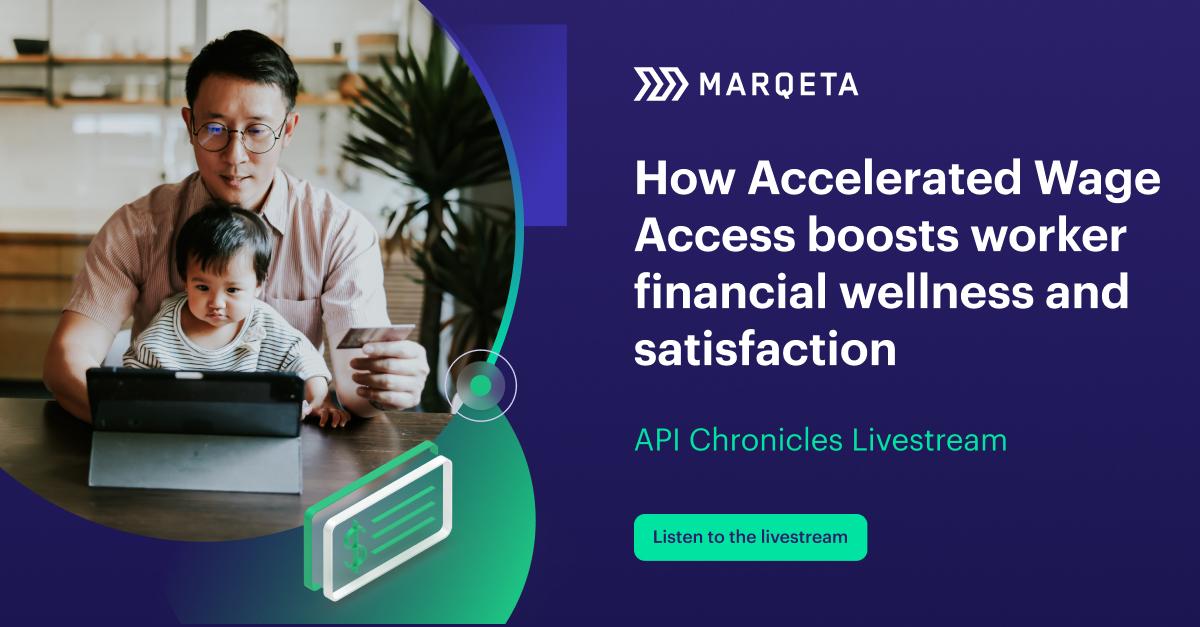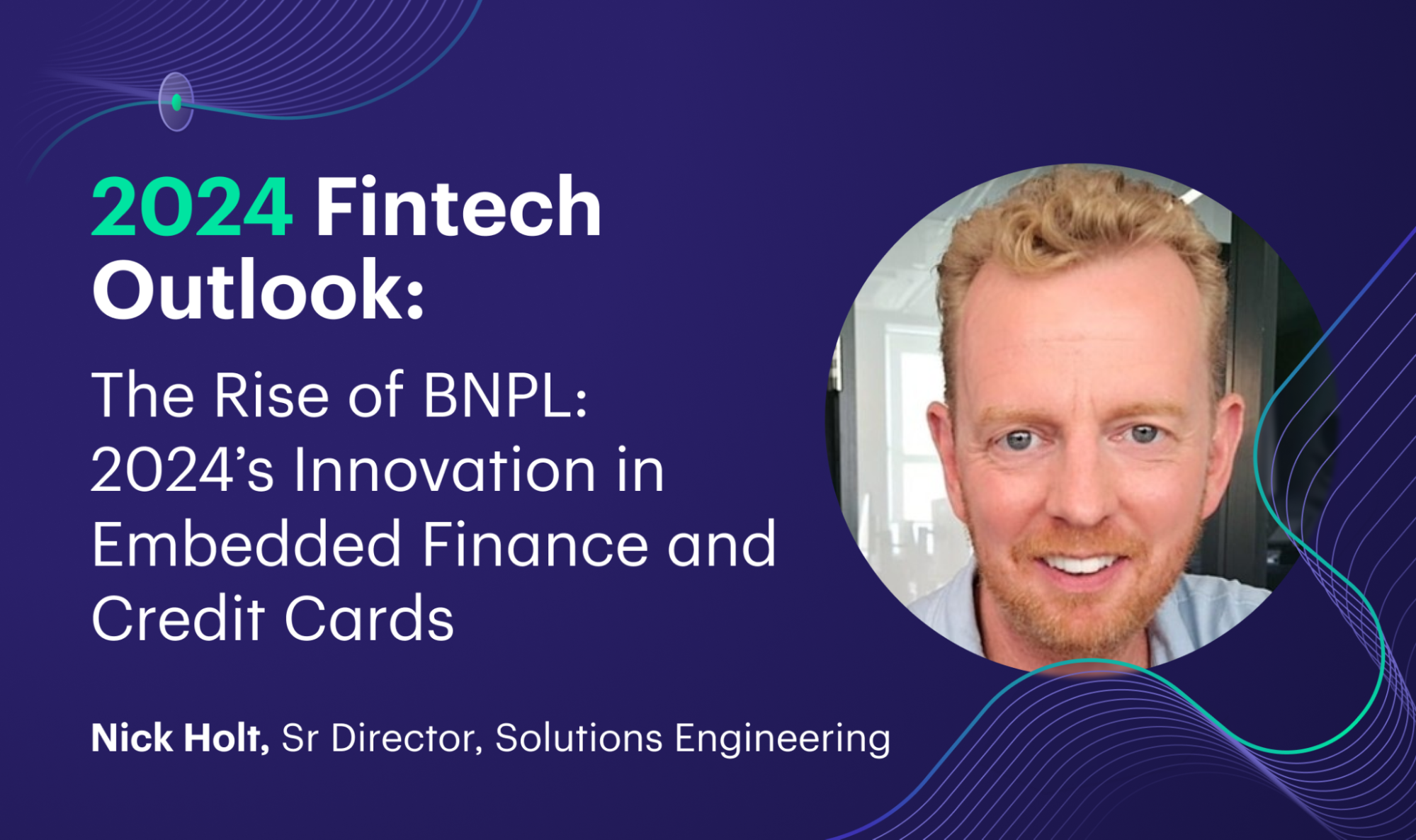It's fair to say that buy-now-pay-later fintechs have played a significant role in Sweden's well-deserved global reputation for innovation. Thanks to Nordic ingenuity, consumers around the world are able to access convenient short-term financing.
But attention is now turning to how buy-now-pay-later can serve other use cases. A good example here is Stockholm-headquartered Treyd, which is harnessing ERP data to give SMEs seamless access to short-term funding for their inventory, freeing up working capital and supporting growth. We spoke to co-founder Sameh El-Ansary to learn more about their approach.
Tell us a little bit more about Treyd and the customers that you support.
Sameh El-Ansary: Treyd currently operates in the Nordics and the UK. We started the business while trying to solve issues in international trade finance, an interesting part of which is letters of credit. We found that lots of SMEs don't use these, and instead have to pay their suppliers with cash in advance. This approach locks up their working capital and significantly hampers their growth potential. No one seems to be financing these transactions, so we set about trying to solve the problem.
However, it's not easy for a range of reasons. First, it’s cross-border. Second, existing forms of capital finance like factoring or revenue-based finance don't apply in this case because they are financing receivables not payables. Third, there is a manual element because world trade is done on invoices, and not as portal checkout. Fourth, the transaction risk itself is a bit more complex and needs lots of data, which wasn’t available when we started. The initial complexity of the problem is what assured us that this was a problem worth solving.
How did you solve the cross border invoicing challenge?
Sameh: Let's say you manufacture garments or electronics in China and you have a Chinese invoice. Who will finance this invoice? Traditional financial institutions would most likely wish to avoid lending in this situation because it’s difficult to find out anything about this overseas supplier.
But we manage this risk by putting ourselves inside the company and inside the transaction. While a traditional business bank has an annual snapshot of their customers’ finances, we are in the company’s ERP platform and bank, taking daily and monthly snapshots. Using real-time data in this way allows us to manage risk and be competitive. Additionally, we pay the suppliers rather than handing out cash to the companies, so the funds can only be used for buying inventory (which also works as a screening mechanism, since the last thing a financially distressed company needs is more inventor) - so we’re in the transaction too.
Companies come to us for the cross-border element. They know they just have to upload the invoice and it gets paid. Due to the easy experience we offer, customers start using us for local transactions too, because the way we operate removes a lot of hassle.
You mentioned that you’re live in five countries - what was the experience of launching and expanding Treyd like?
Sameh: From the demand angle, it’s been easy because the pain point is real and it's exactly the same across all countries. And the nice thing about our product is that people don’t need a lot of convincing – when they see what we offer, they immediately understand the benefits to their business.
From the execution angle, we faced two key challenges to going global: the data and payments infrastructure. There is no single global company doing data. This means we have to take the data from many sources, clean it up, organise it before it is reliably usable.
With regard to transactions, things can get quite complicated. Take, for example, the simple problem of beneficiary validation. If a company in Sweden is paying a company in China in euros or US dollars or Chinese yuan, based on the contract, the banking instructions have to be different. Global cross-border payment infrastructure is still a problem requiring many improvements.
Naturally, we have other challenges like debt, which is standard for any organisation. But because we are underwriting based on data, the more data we get the easier it is for us to operate and reduce risk.
What was the reason for launching in Sweden?
Sameh: That’s where my network is – it’s where I began my other companies and where I met my co-founder, Peter Beckman. This is my third startup after one successful exit and one failed venture. To start Treyd, I went to an incubator program called Antler, which is where I met Peter, who was a consultant specialising in international risk.
Sweden is the birthplace of many great startups and everyone there tries to support you. Since the market there is relatively small, everyone has a global state of mind - launch and then expand overseas. Globalisation is not an afterthought, it's always the plan.
Tell us a bit about your own background?
Sameh: I'm an entrepreneur and a computer scientist. My PhD is in decentralised systems and my first company Hivestreaming, which I’ve exited, specialised in peer-to-peer corporate communications systems and is a world leader in livestreaming. After this I joined a sports AI company which didn’t take the trajectory I was hoping for.
After the second startup, I returned to my decentralised systems alma mater in the field of blockchain. I then started having business ideas, but I needed a co-founder. Joining Antler, Peter and I quickly found the gap in cross-border payables finance that a lot of SMEs were asking for. I come from a deep tech background, so I'm trained to solve hard tech problems. And this one has lots of data problems. So, we set about trying to address that and this led us to Treyd.
What’s next for Treyd?
Sameh: There’s always the problem of knowing whether to grow horizontally or vertically. But actually I think we figured out that there is one particular problem in the world that we're solving quite well. We want to be the best at that, and we want to define that new category as the golden standard all over the world. And that's kind of our primary goal in the form of expansion.
Further information about Treyd can be found here.




